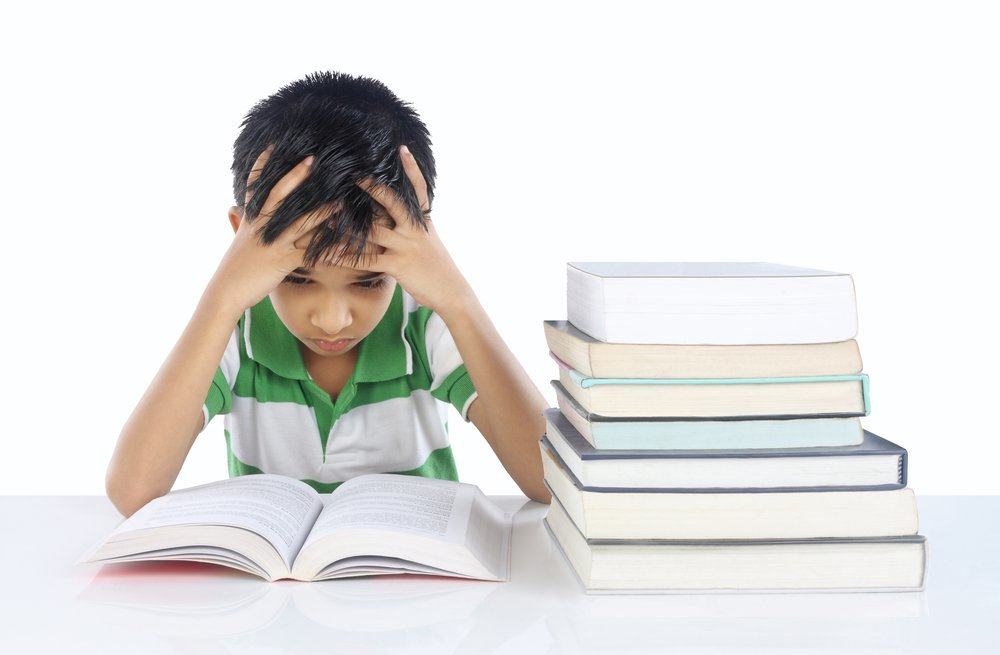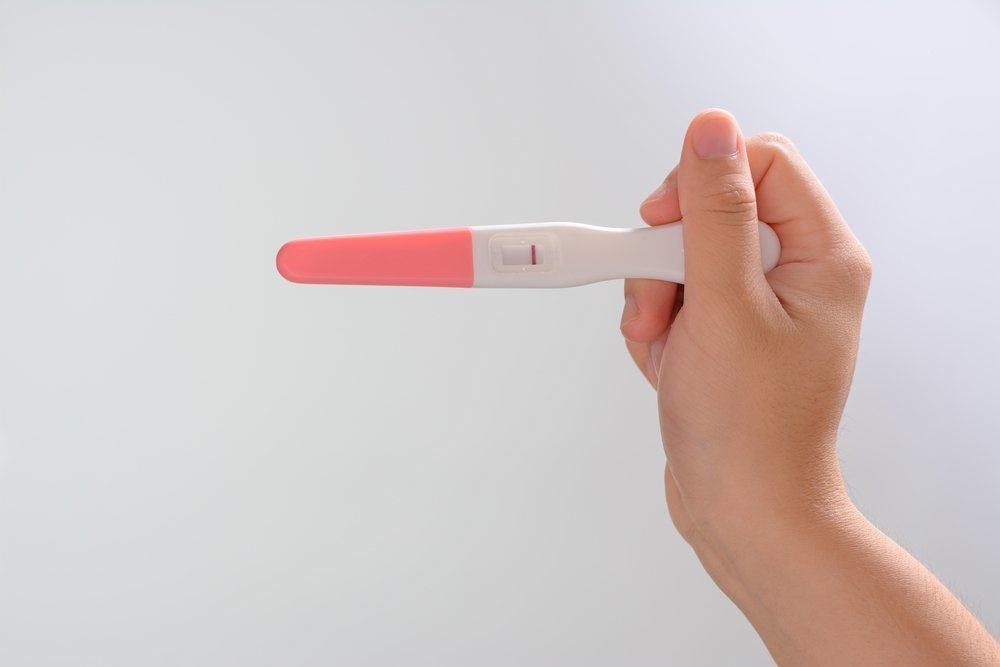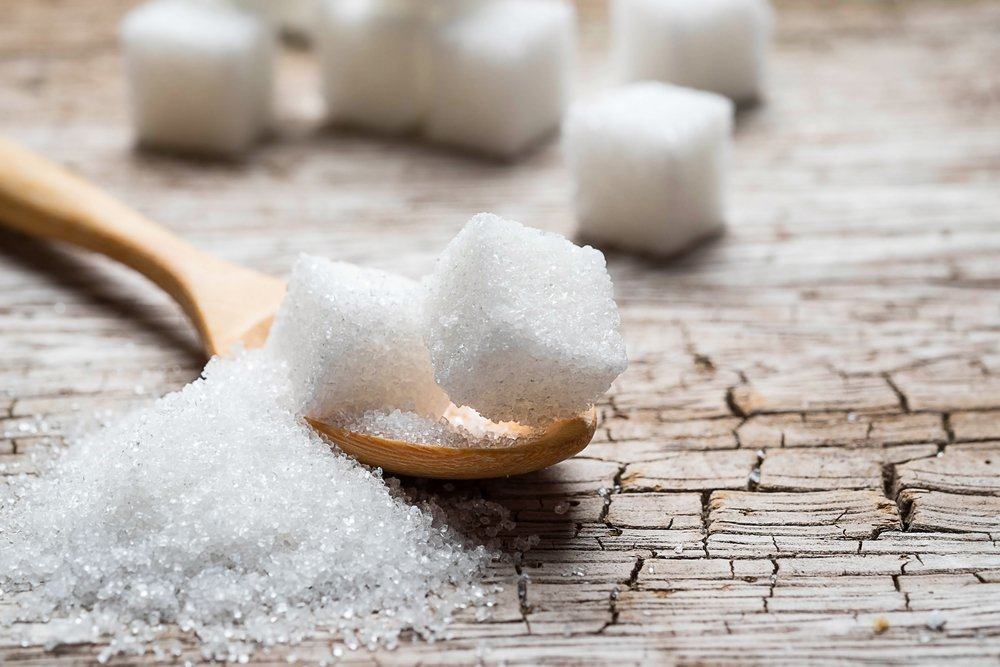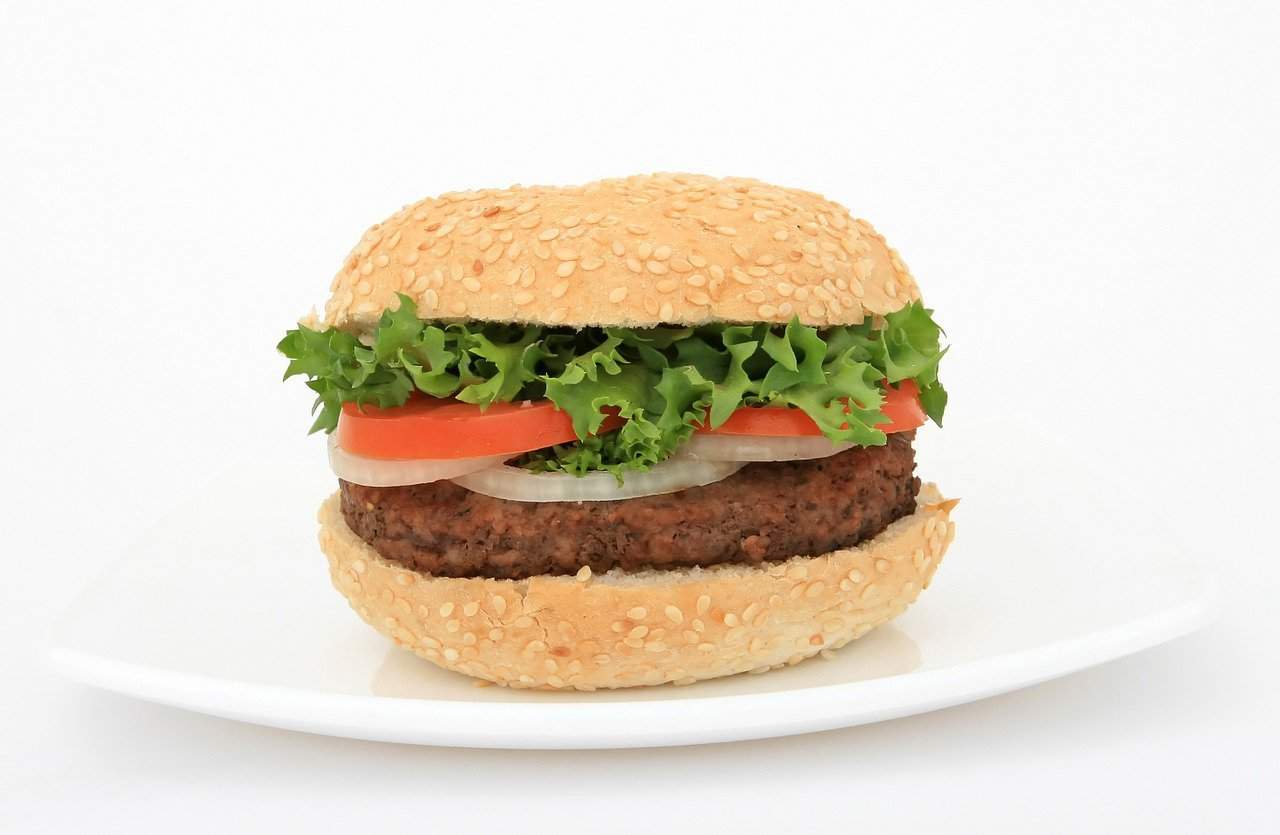Contents:
- Medical Video: Warning Signs That You're Zinc Deficient | Dr. Josh Axe
- What amount of zinc does the child need?
- What foods can be found in zinc?
- What are the functions and benefits of zinc for the child's body?
- What will happen if the child lacks zinc?
- 1. Weak neurological function
- 2. Weak immunity
- 3. Diarrhea
- 4. Allergy
- 5. Thinning hair
Medical Video: Warning Signs That You're Zinc Deficient | Dr. Josh Axe
Zinc is a nutrient that people need to stay healthy, because zinc can help the immune system fight viruses and bacteria. In addition, another function is to form proteins and DNA, as well as things related to genetics in all cells. Zinc is also very needed by the body during pregnancy, babies, and children, in order to grow and develop well.
What amount of zinc does the child need?
Zinc is needed every day depending on the age of each individual. The following is the average zinc needed by children:
- New to 6 months: 2 mg
- Babies 7-12 months: 3 mg
- 1-3 year old toddler: 3 mg
- Children 4-8 years: 5 mg
- Children 9-13 years: 8 mg
- Adolescents 14-18 years (male): 11 mg
- Adolescents 14-18 years (female): 9 mg
However, zinc intake for infants aged 4-6 months is enough with breast milk alone, because breast milk contains enough zinc (2 mg per day). Whereas for babies who are 7-12 months, in addition to being breastfed, they should also consume foods that are recommended for children of this age.
What foods can be found in zinc?
Zinc content can be found in a variety of foods. The following is the recommended meal:
- Oysters are one of the foods that are rich in zinc
- Red meat and poultry, seafood such as crabs and lobsters, and cereals rich in zinc for breakfast
- Nuts, seeds, dairy products
What are the functions and benefits of zinc for the child's body?
Zinc is a substance that is vital for the growth and development of reproductive organs, and is very influential on the strength of the immune system. Eating foods that are rich in zinc can make children respond quickly and do tasks related to memory accurately. Zinc nutrition affects motoric, cognitive and psychosocial functions in children and the elderly.
Zinc deficiency can cause a decrease in growth, increase in infection and flu, weaken memory, and lack of attention. Among the causes of zinc deficiency are if the child experiences rapid growth, and poor eating habits. Children may also not eat foods that are rich in zinc.
Zinc is also needed for eye coordination skills for children. Zinc supplements can overcome the growth failure experienced by zinc-deficient children. Very important zinc for the growth of children. Can you imagine the danger of zinc deficiency?
What will happen if the child lacks zinc?
Without realizing it, maybe our baby is also included in the group that lacks nutritional zinc. Here are some signs that you can recognize:
1. Weak neurological function
Zinc deficiency when a baby can be associated with motor disorders and lack of focus that lasts into adulthood. We need zinc from food and interspersed with other nutrients. According to American Journal of Clinical Nutritionzinc supplements only provide about 50% of what is needed on a daily basis.
2. Weak immunity
As explained above, zinc affects the immune system. If the child is prone to illness, chances are he needs more zinc intake. Zinc is useful for:
- The growth of T-cells and white blood cells needed to fight disease
- Apoptosis which functions to kill harmful bacteria, viruses, and cancer cells
- Gene derivation, the first step in gene expression
- Serves as protection for cell membranes
- Contributing to maintaining health functions, as well as mood balance
3. Diarrhea
One example of a compromised immune system is infection, such as experiencing diarrhea. Children are very susceptible to diarrhea every year, they are also susceptible to bacteria E. coli and other bacterial infections.
4. Allergy
Chronic stress can cause adrenal gland weakness and can lead to a lack of calcium, magnesium and zinc. This can be caused by an increase in histamine levels - substances that can cause allergies. Zinc deficiency can increase histamine levels around body fluid tissue. The following are reasons for histamine to be reduced:
- Excess histamine in the body can cause various symptoms commonly encountered and associated with allergies (runny nose, sneezing and itching)
- High histamine can increase a person's sensitivity to all allergic reactions
5. Thinning hair
Someone who experiences adrenal weakness may experience hypothyroidism which causes thinning hair and alopecia. This is caused by a lack of thyroid hormone. These hormones are the basis of zinc absorption.
READ ALSO:
- Supplements vs Food: Which is the Best Source of Nutrition?
- Regulating the Balanced Nutrition Diet for Children with Food Allergies
- Zinc, Solution to the Problem of Male Infertility












